Nov 11, V7N-Japanese Prime Minister Shigeru Ishiba faces a critical parliamentary vote on Monday that will determine his continuation as Japan's leader, following a recent electoral setback. Although Ishiba’s coalition with Komeito captured the largest bloc in the lower house election, they lost their parliamentary majority, creating a delicate situation for Ishiba as he may now lead a minority government. The Democratic Party for the People (DPP) has positioned itself as a potential kingmaker, offering conditional policy-by-policy support, though DPP leader Yuichiro Tamaki has indicated his party will not vote for Ishiba in the upcoming session.
Former Prime Minister Yoshihiko Noda, leader of the largest opposition party, the Constitutional Democratic Party, is also likely to stand for the role, which could result in a runoff vote—something that has not occurred in 30 years.
Ishiba faces numerous challenges: domestically, he must address a supplementary budget to support welfare and combat rising living costs, while internationally, he will represent Japan at the G20 summit in Brazil later this month. He hopes to meet with U.S. President-elect Donald Trump to discuss security and trade issues. Trump’s previous demands for Japan to pay more toward the cost of U.S. troops stationed there have stirred unease in Tokyo, though the close relationship between Trump and former Prime Minister Shinzo Abe mitigated tensions. Ishiba aims to restore similar ties to navigate potential protectionist policies and secure Japan's position amid rising regional tensions with China and North Korea.
With upper house elections approaching next year, Ishiba’s government stability depends on rebuilding public trust in light of recent scandals, including unreported donations within his administration.
END/WD/RH/



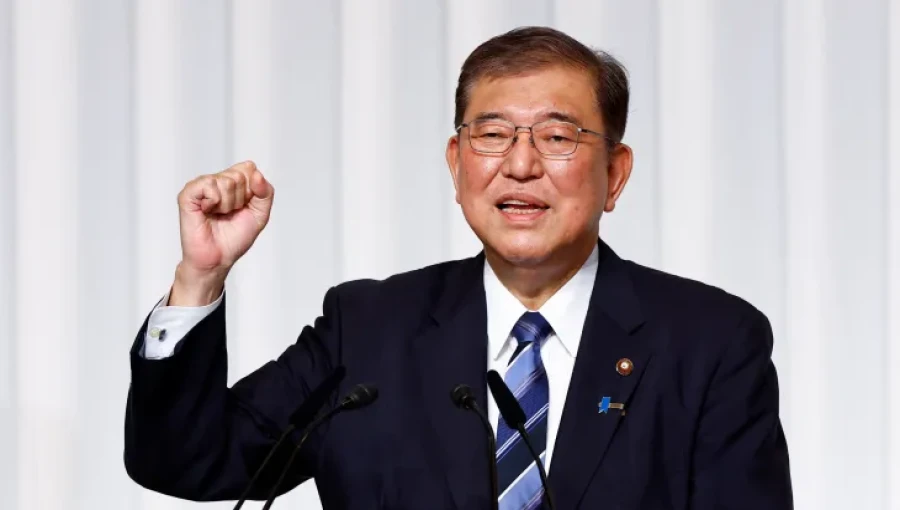

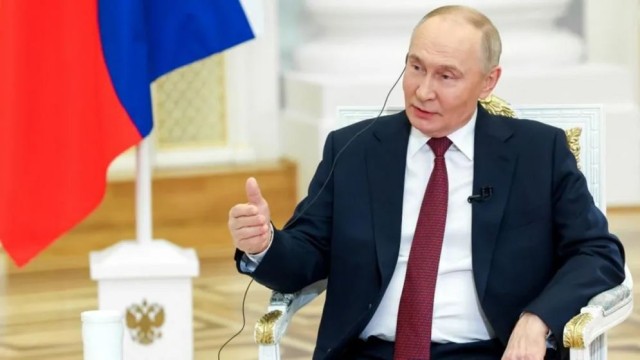
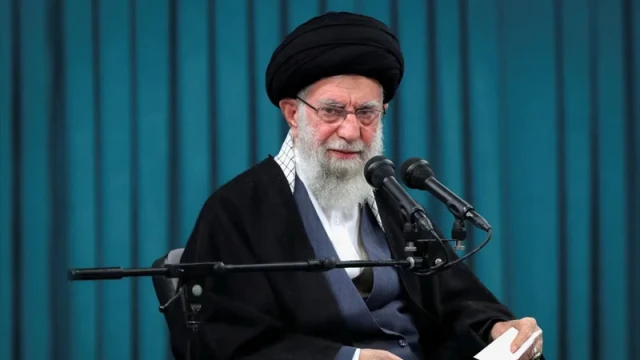
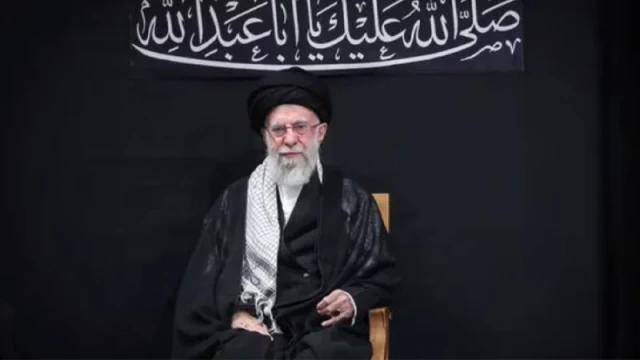
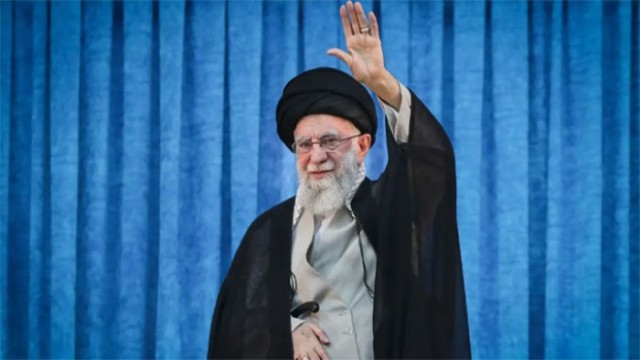
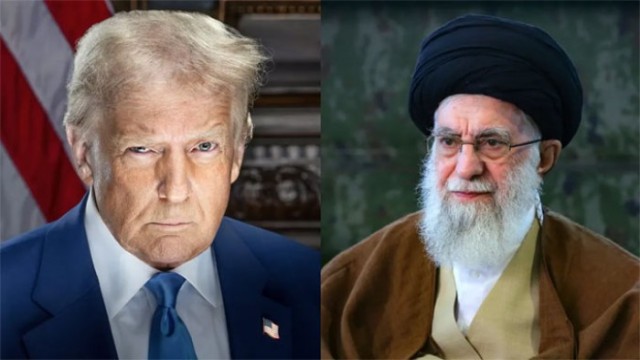

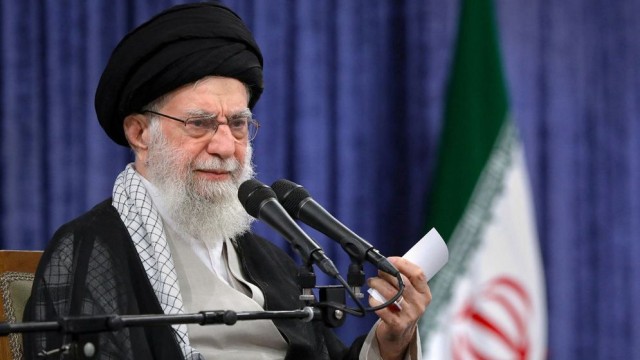
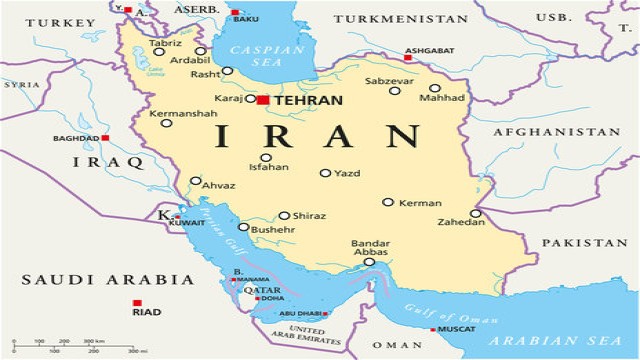
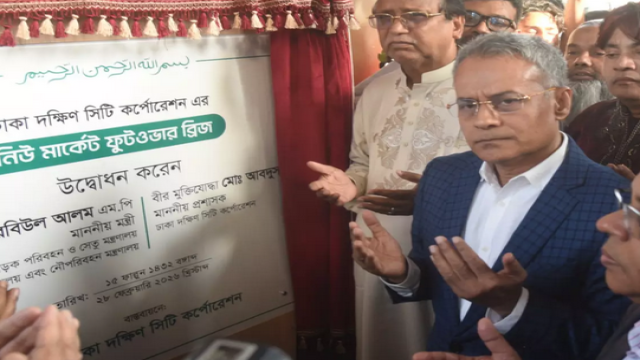










Comment: